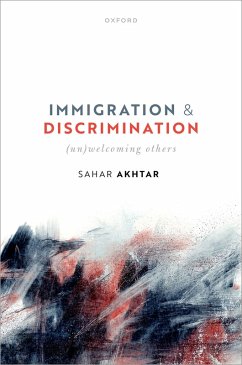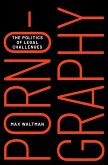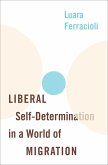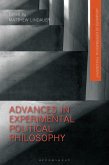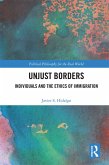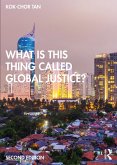Prompted both by past policies and recent developments concerning immigration around the world that center on race, ethnicity, religion, and other identities, Immigration and Discrimination explores what bases states are morally permitted to use for their admission decisions and policies, and why. Many scholars appeal to the terminology and concept of wrongful discrimination when discussing identity-based immigration decisions, but there has been little to no effort dedicated to examining whether the idea of wrongful discrimination--traditionally applied to interactions among people within a state--is applicable at the global level, or to interactions among people in different states. Drawing on economic and empirical literature where available, Sahar Akhtar tries to fill this gap by demonstrating why the idea of wrongful discrimination can be applied to states' admission decisions, and what this means in terms of states' rights with regard to immigration. Rather than rejecting any connection between immigration decisions and identity, Akhtar argues that it is often morally permissible to exclude people based in their identity, especially, but not only, when it is done by disadvantaged groups. Despite this finding, however, a major implication of the arguments and analysis provided here is that it is not plausible to think that states have the "right to exclude". Thus, Akhtar concludes by demonstrating why states are not unilaterally entitled to make decisions about whom to admit into their borders.
Dieser Download kann aus rechtlichen Gründen nur mit Rechnungsadresse in A, B, BG, CY, CZ, D, DK, EW, E, FIN, F, GR, HR, H, IRL, I, LT, L, LR, M, NL, PL, P, R, S, SLO, SK ausgeliefert werden.
Hinweis: Dieser Artikel kann nur an eine deutsche Lieferadresse ausgeliefert werden.

